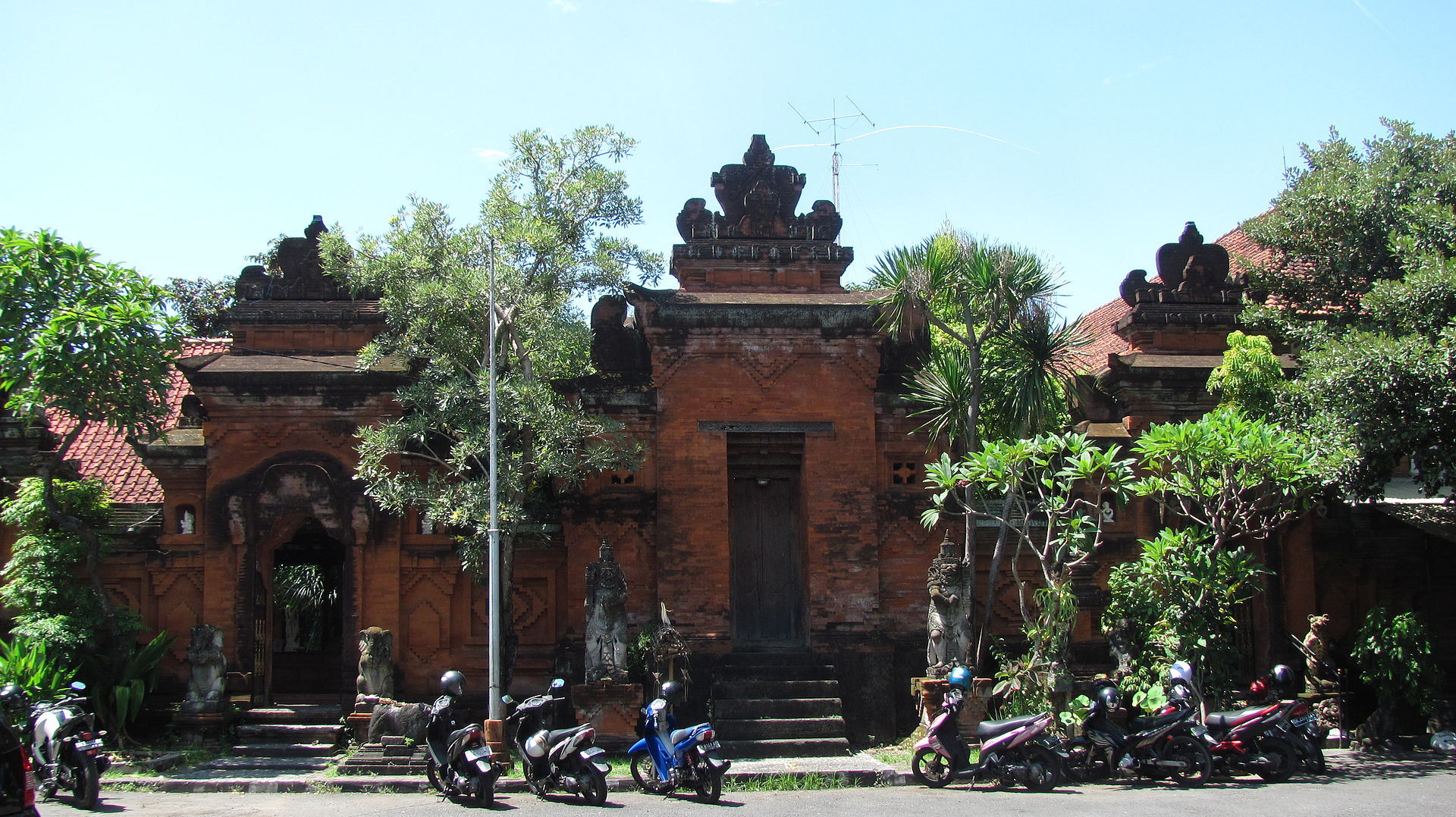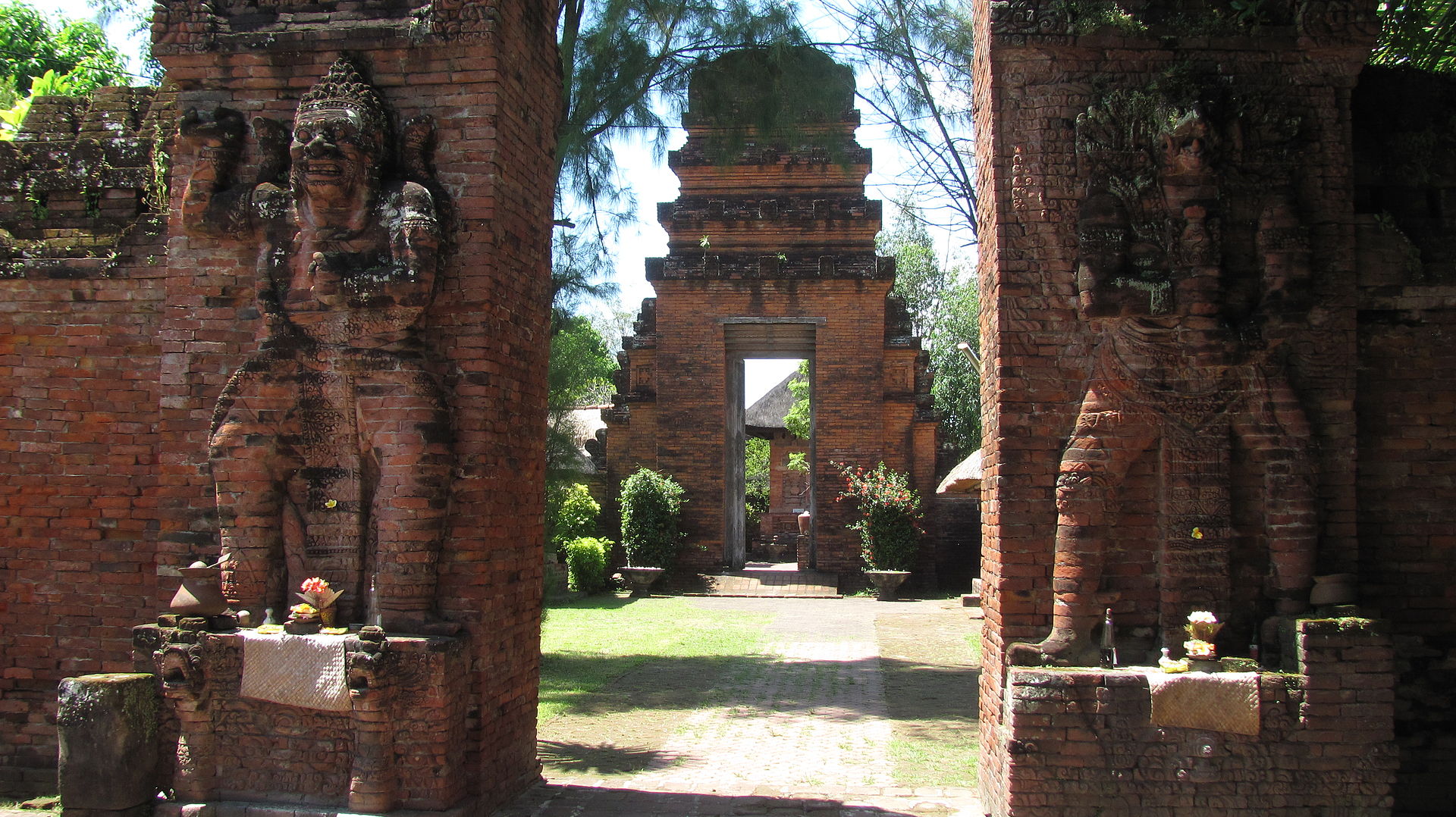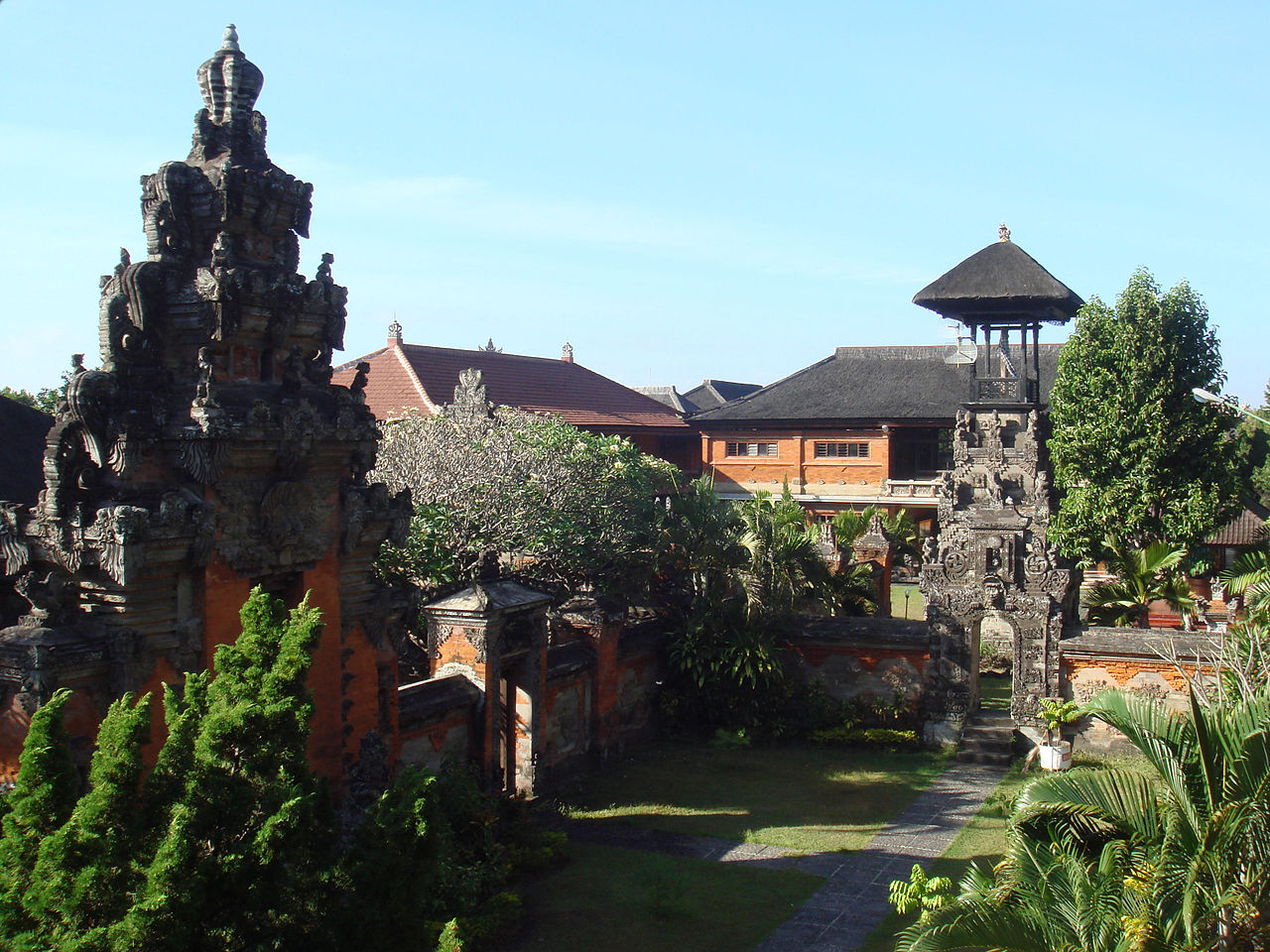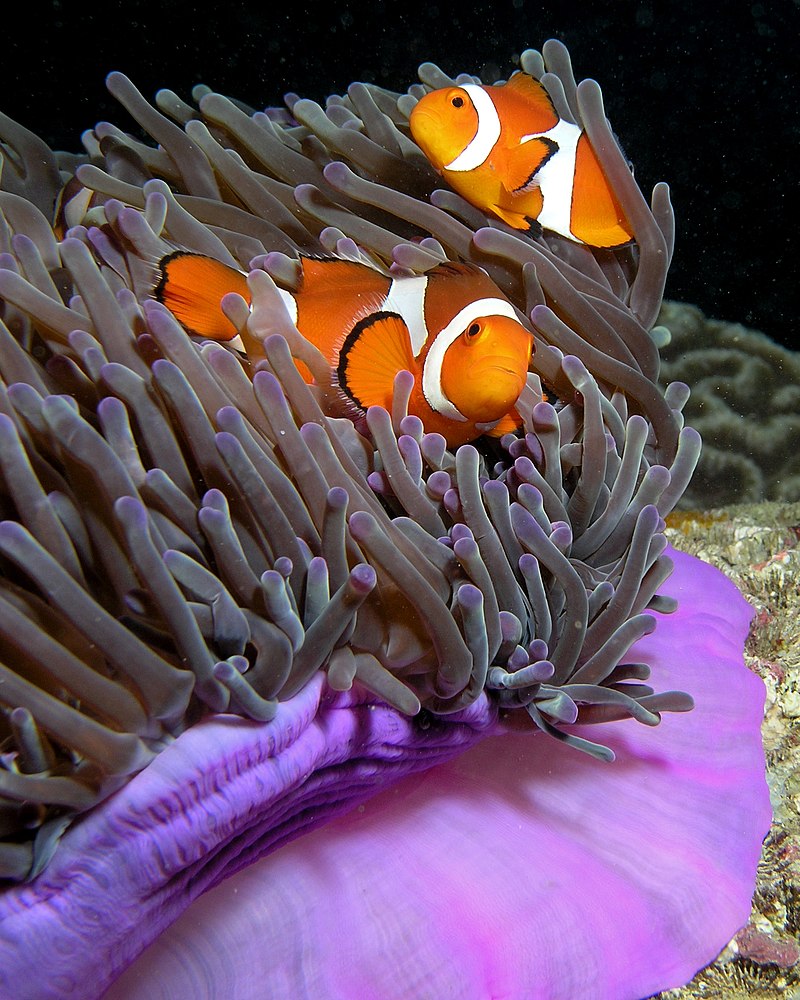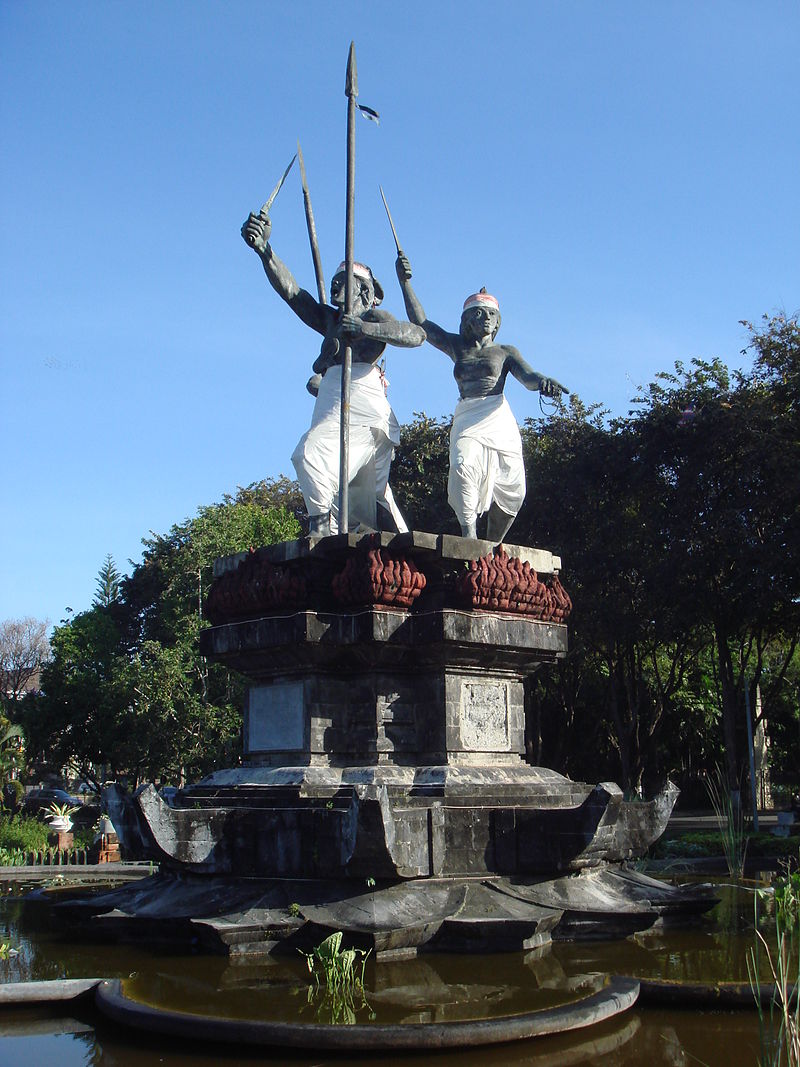
AsianOverland.net
Tour Guide - Itinerary
Asian Overland Sydney to London
Started 22/06/2022 Finished 21/06/2023365 Days ITINERARY
Day 35 date 26/07/2022DENPASAR to BALI, INDONESIA
ASIANOVERLAND.NET SYDNEY TO LONDON DAY 358/35: DENPASAR, BALI, INDONESIA
Indonesia consists of over 17,000 islands, including Sumatra, Java, Sulawesi, and parts of Borneo and New Guinea. Indonesia is the world's largest island country, the largest archipelagic state and the 14th-largest country by area. With over 275 million people, Indonesia is the world's fourth-most populous country and the most populous Muslim-majority country. Java, the world's most populous island, is home to more than half of Indonesia's population.
Indonesia has 37 provinces and the country's capital, Jakarta, is the world's second-most populous urban area. Despite its large population and densely populated regions, Indonesia has vast areas of wilderness that support one of the world's highest levels of biodiversity.
The Indonesian archipelago has been a valuable region for trade since at least the 7th century when Srivijaya and later Majapahit traded with mainland China and the Indian subcontinent. Local rulers gradually absorbed foreign influences from the early centuries, and Hindu and Buddhist kingdoms flourished. Sunni traders and Sufi scholars brought Islam, while Christianity was spread by European missionaries.
The Portuguese, the French, and the British all ruled/colonised at some point, but the Dutch were the foremost colonial power for much of their 350-year presence. The concept of "Indonesia" as a nation-state emerged in the early 20th century, culminating later in the proclamation of Indonesian Independence in 1945. However, it was not until 1949 that the Dutch recognised Indonesia's sovereignty following an armed conflict between the two.
Indonesia consists of thousands of distinct native ethnic and hundreds of linguistic groups, with Javanese being the largest. A shared identity has developed with the motto "Bhinneka Tunggal Ika" ("Unity in Diversity" literally, "many, yet one"), defined by a national language, Bahasa Malay.
The first Europeans arrived in the archipelago in 1512, when Portuguese traders sought to monopolise the sources of nutmeg, cloves, and cubeb pepper in the Maluku Islands. Dutch and British traders followed. In 1602, the Dutch established the Dutch East India Company (VOC) and became the dominant European power for almost 200 years. The VOC was dissolved in 1800 following bankruptcy, and the Netherlands established the Dutch East Indies as a nationalised colony.
For most of the colonial period, Dutch control over the Indonesian archipelago was tenuous, and Dutch forces were engaged in suppressing rebellions both on and off Java. The influence of local leaders and the bloody 30-year war in Aceh weakened the Dutch and tied up the colonial military forces.
In the 18th and 19th century, Denpasar, formerly called Badung, functioned as the capital of the Hindu Majapahit Kingdom of Badung. The royal palace was looted and razed during the Dutch intervention in 1906. A statue in Taman Puputan (Denpasar's central square) commemorates the 1906 Puputan, in which a thousand Balinese, including the King and his court, committed mass suicide in front of invading Dutch troops, rather than surrender to them. Puputan is a Balinese term for a mass ritual suicide in preference to the humiliation of surrender, a last desperate act against a numerically superior enemy.
Only in the early 20th century did Dutch dominance extend to what became Indonesia's current boundaries, including Bali.
The Japanese invasion and subsequent occupation during World War II ended Dutch rule and encouraged the previously suppressed independence movement. Two days after the surrender of Japan in August 1945, Sukarno and Mohammad Hatta, influential nationalist leaders, proclaimed Indonesian independence and were appointed president and vice-president, respectively.
The Netherlands attempted to re-establish their rule, and a bitter armed struggle ended in December 1949 when the Dutch formally recognised Indonesian independence in the face of international pressure and transferred sovereignty to the United States of Indonesia. Despite extraordinary political, social and sectarian divisions, Indonesians, on the whole, found unity in their fight for independence.
Denpasar’s population was 788,445 in 2010, and by 2017 had grown to 897,300. Approximately 63% of Denpasar’s population are Hindus, while Islam is the largest minority religion (29%), followed by Christianity (6%) and Buddhism (2%). Hindu temples are everywhere, and Kuta Beach is a nice natural walk and swim, away from the madding crowd and Denpasar traffic.
The best snorkeling is on the Lombok/eastern side of Bali, on the islands, but beware of the strong tidal currents.
© This work is copyright. Apart from any use permitted under the Copyright Act 1968, no part may be reproduced by any process, nor may any other exclusive right be exercised, without the permission of Peter Searle, peter@portseavillageresort.com; 1980-2024.
Website built by Justin O’Dea www.webdeveloperdocklands.com.au
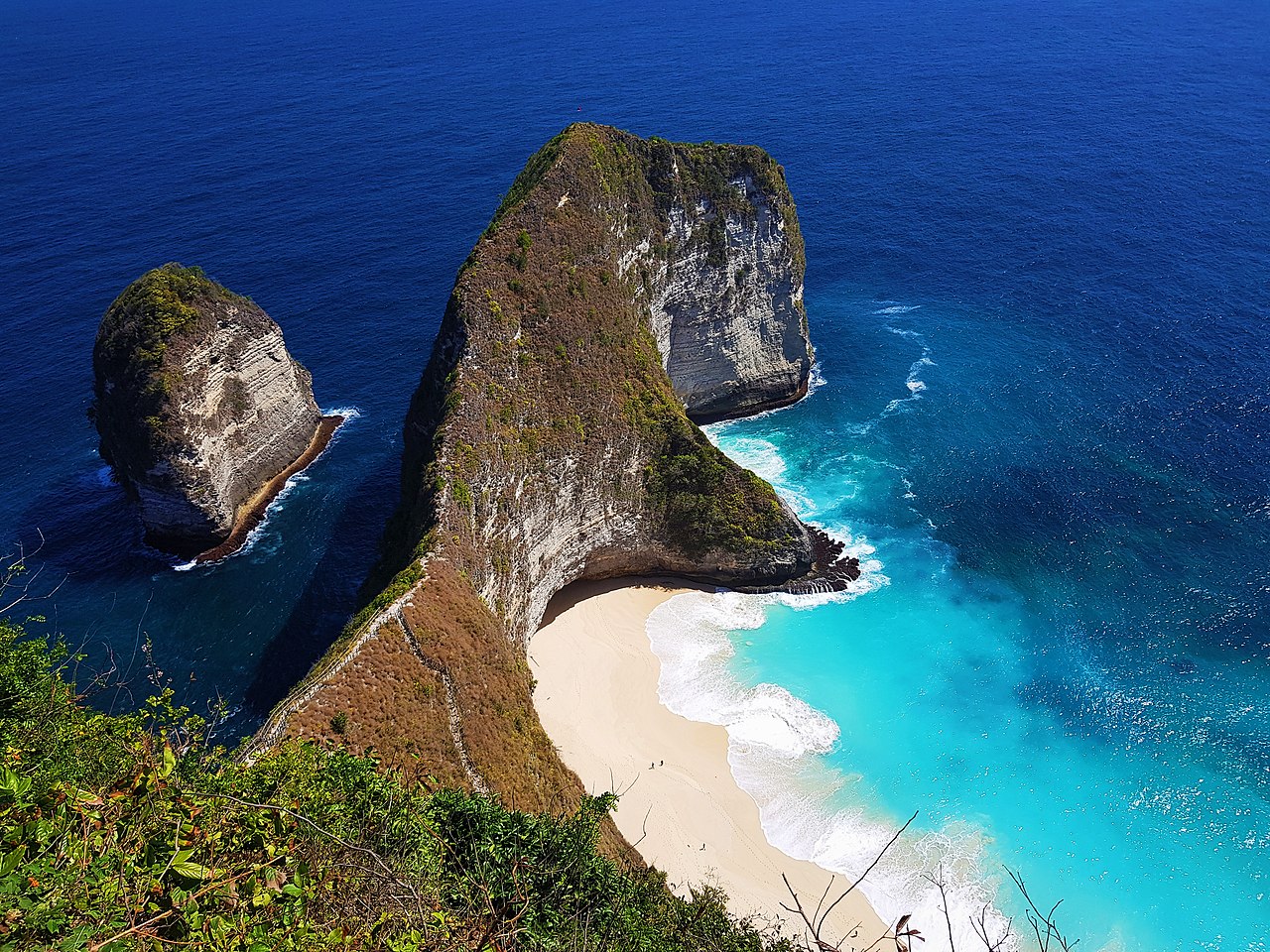
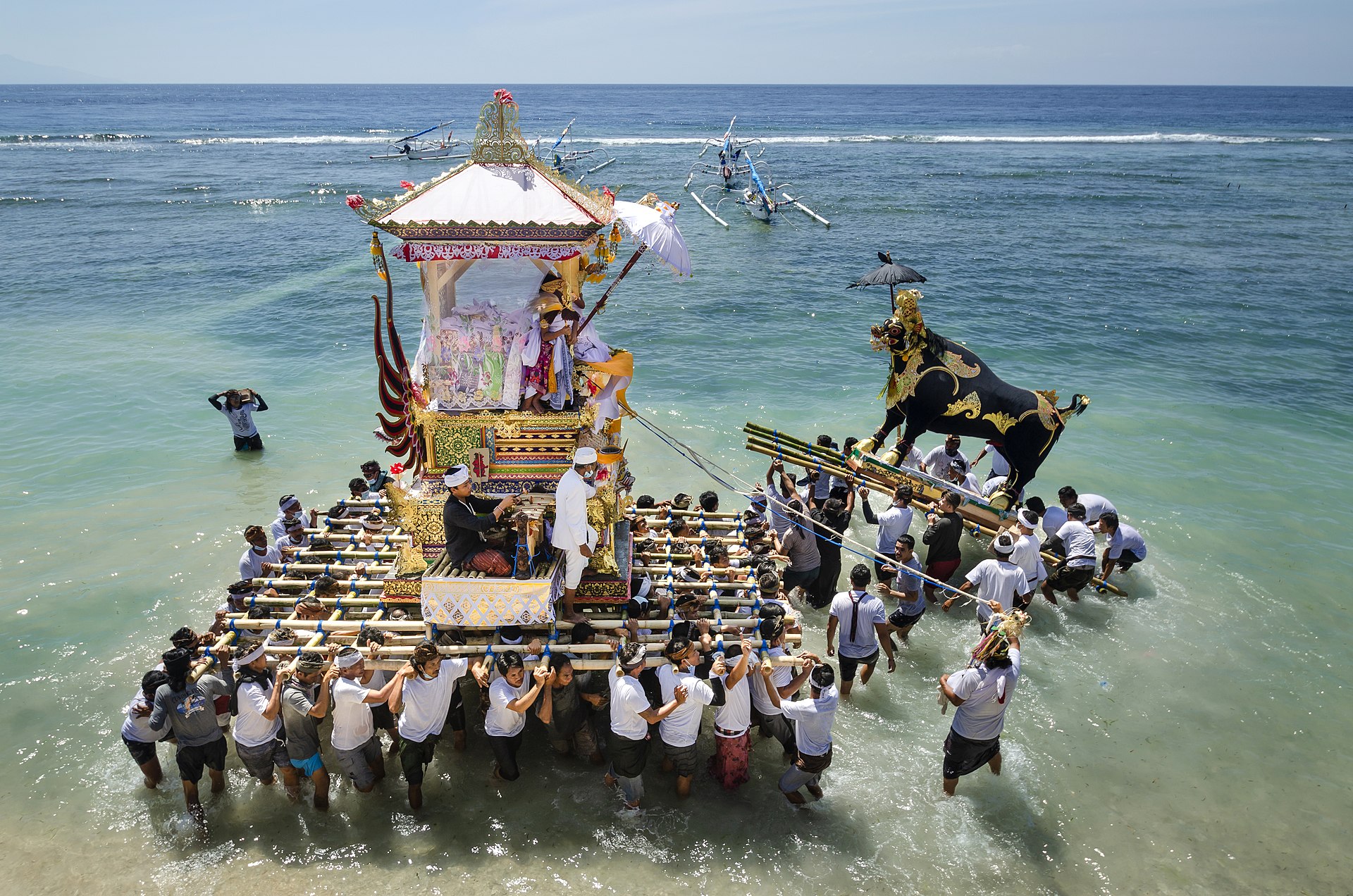
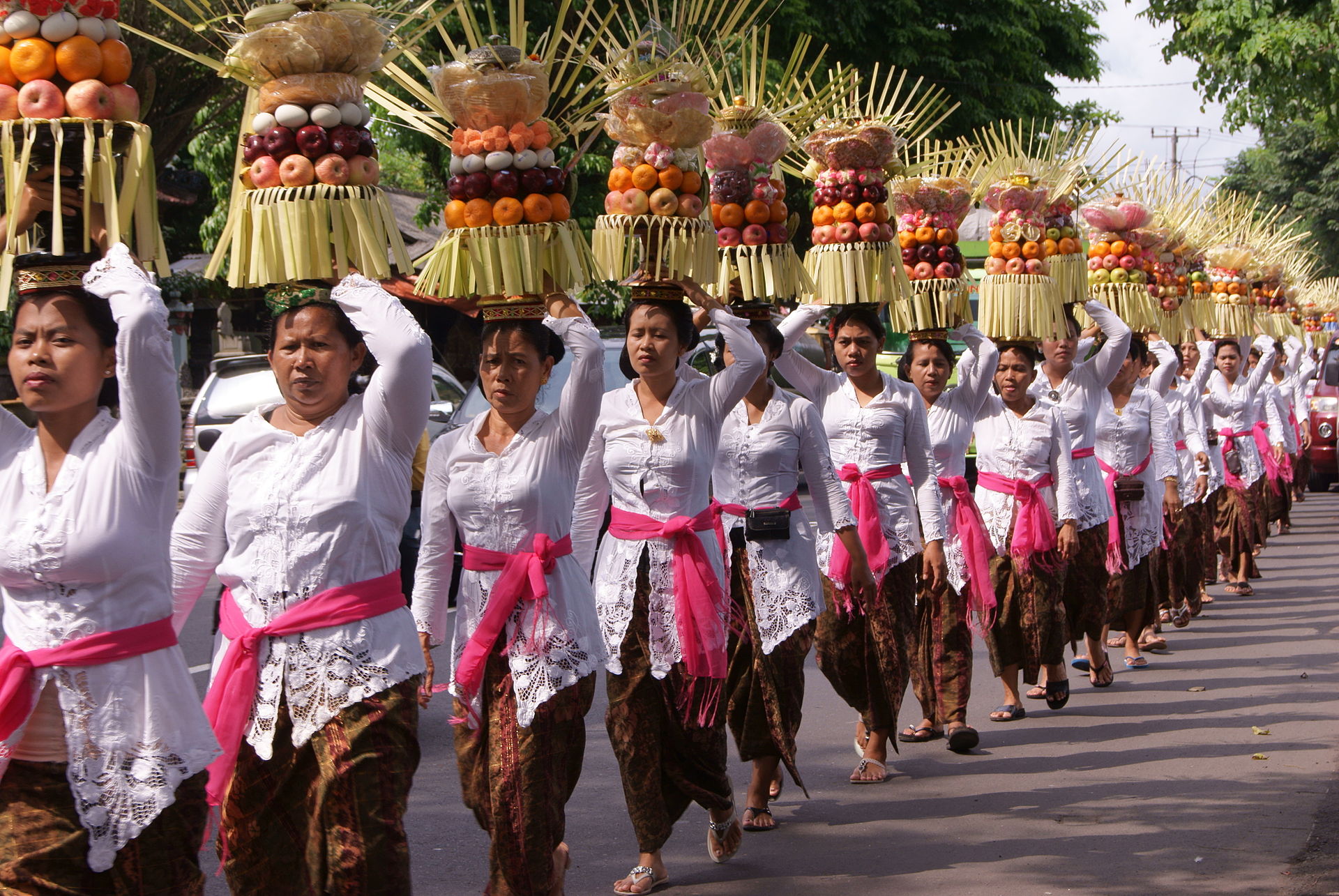
.jpg)
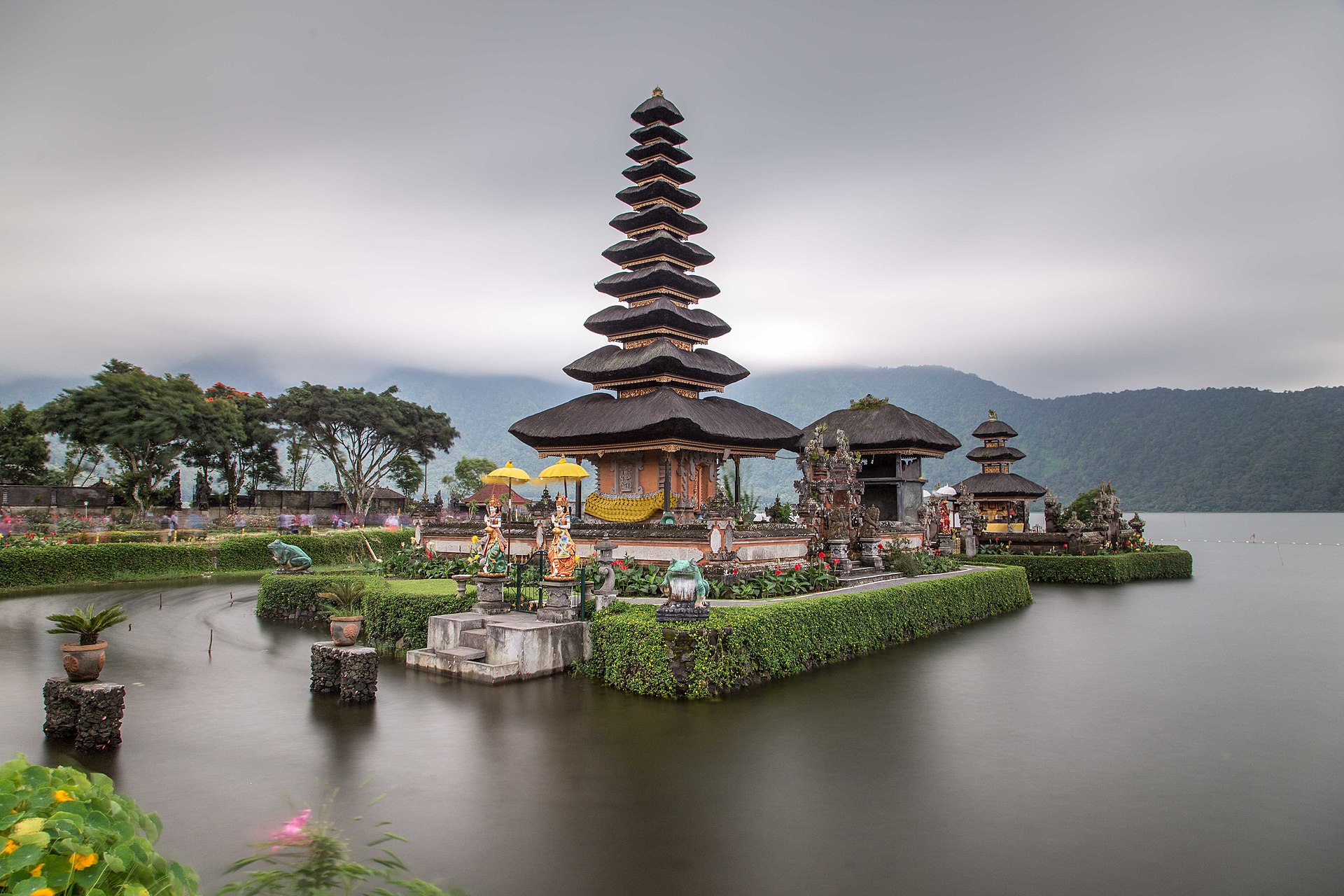
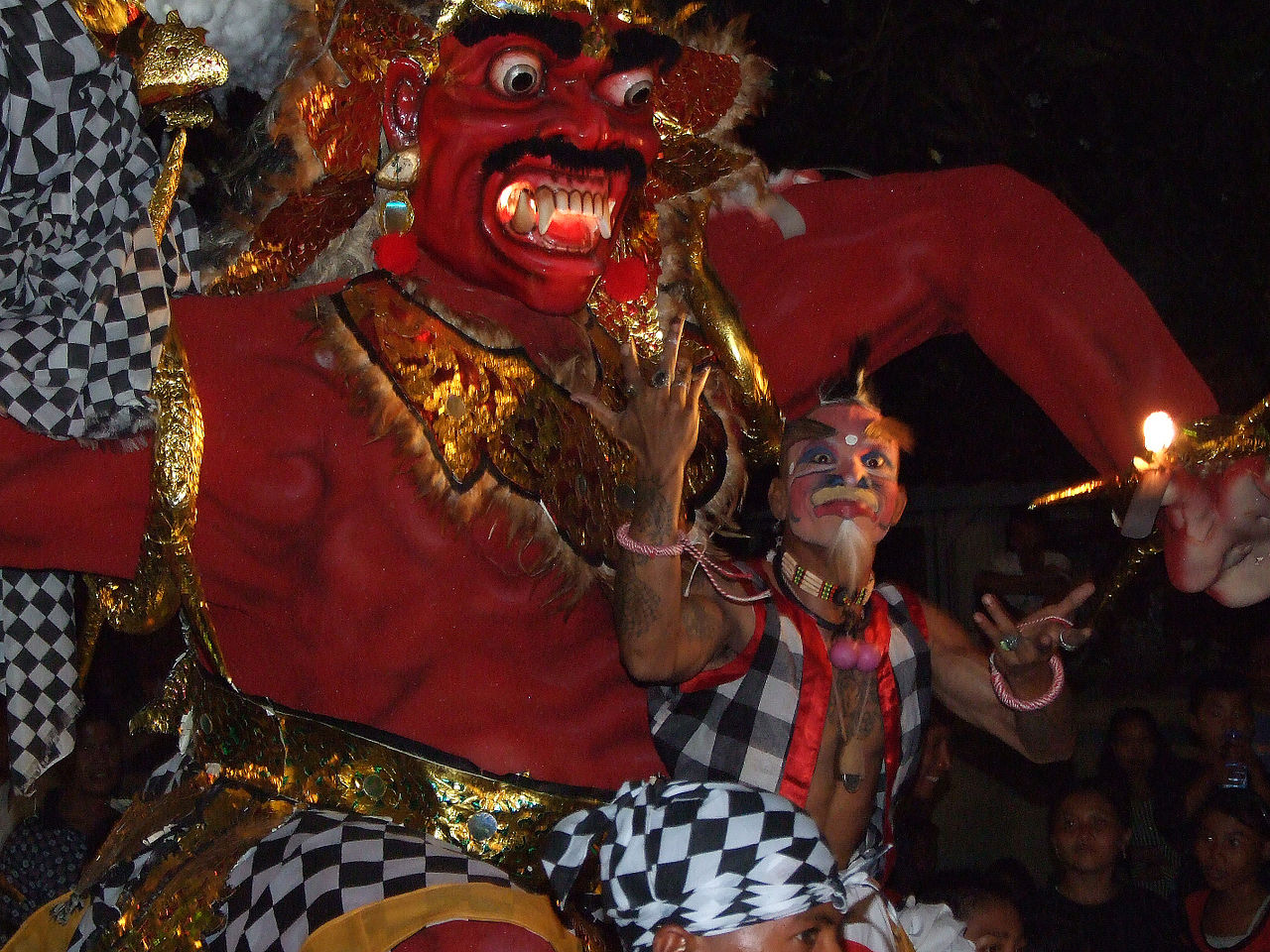
.jpg)
